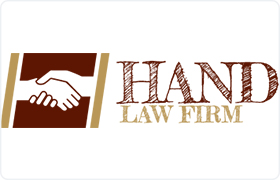 Lee County, AL DUI-DWI Lawyers
Lee County, AL DUI-DWI Lawyers
Sponsored Law Firm
-
 x
x

Click For More Info:
-
Hand & Associates, LLC
114 N 8th St Opelika, AL 36801» view mapAccident & Injury, Family, Business, Wills, Criminal Accomplished · Determined · Experienced
Our approachable attorneys immediately put you at ease about your legal problem. We are focused on making a brighter future for you.
334-741-4077
Lawyers
1-2 of 2 matches



 Benny Hand Opelika, AL
Benny Hand Opelika, AL Practice AreasExpertise
Practice AreasExpertise